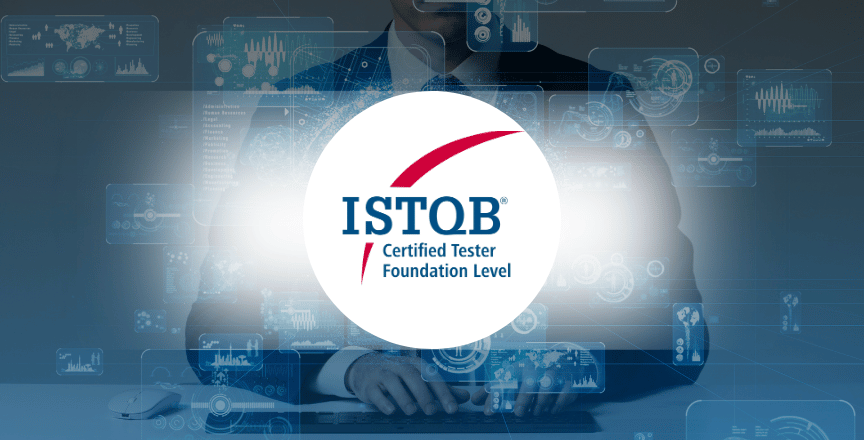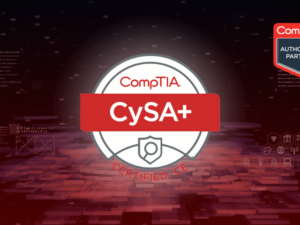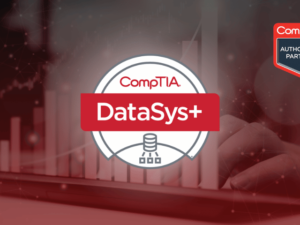ISTQB Certified Tester Foundation Level (CTFL)
- Description
- Reviews

ISTQB CERTIFIED TESTER FOUNDATION LEVEL (CTFL)
COURSE DESCRIPTION
This three day ISTQB Certified Tester Foundation Level (CTFL) course prepares attendees to take the CTFL exam and get certified. This course is based on the “Foundation Level Syllabus” released by ISTQB in 2018. This credential is for anyone seeking to attain a credible, proven and a globally recognized qualification on Software Testing. The ISTQB Certified Tester Foundation Level (CTFL) qualification is administered and governed globally by International Software Testing Qualifications Board (ISTQB). The certification is awarded on the basis of a one hour multiple choice examination.
WHY BCS-CTFL CERTIFICATION?
- Universally recognized – with over 673,000+ professionals certified on CTFL till October 2019.
- Tailored to meet the needs of Testing Practitioners at all stages in their careers.
- Covers fundamental aspects of Software Testing.
- Fulfills the minimum eligibility criteria to take the ISTQB Advanced Level certifications namely Certified Tester Advanced Level (CTAL) – Test Manager, Test Analyst and Technical Test Analyst
WHO SHOULD ATTEND
✓ Software Testers ✓ Business analysts
✓ Test Analysts ✓ Systems analysts
✓ Test Engineers ✓ Software Developers
✓ Test Consultants ✓ Quality Assurance Staff
✓ Test Managers ✓ Project leaders
✓ User Acceptance Testers ✓ Business analysts
COURSE OUTLINE
Module 1: Fundamentals of Testing
- What is Testing?
- Test Objectives
- Testing and Debugging
- Why is Testing Necessary?
- Testing’s Contribution to Success
- Testing and Quality Assurance (QA)
- Errors, Defects, Failures, and Root Causes
- Testing Principles
- Test Activities, Testware, and Test Roles
- Test Activities and Tasks
- Test Process in Context
- Testware
- Traceability between the Test Basis and Testware
- Roles in Testing
- Essential Skills and Good Practices in Testing
- Generic Skills Required for Testing
- Whole Team Approach
- Independence of Testing
Module 2: Testing Throughout the Software Development Lifecycle
- Testing in the Context of a Software Development Lifecycle
- Impact of the Software Development Lifecycle on Testing
- Software Development Lifecycle and Good Testing Practices
- Testing as a Driver for Software Development
- DevOps and Testing
- Shift-Left Approach
- Retrospectives and Process Improvement
- Test Levels and Test Types
- Test Levels
- Test Types
- Confirmation Testing and Regression Testing
- Maintenance Testing
Module 3: Static Testing
- Static Testing Basics
- Work Products Examinable by Static Testing
- Value of Static Testing
- Differences between Static Testing and Dynamic Testing
- Feedback and Review Process
- Benefits of Early and Frequent Stakeholder Feedback
- Review Process Activities
- Roles and Responsibilities in Reviews
- Review Types
- Success Factors for Reviews
Module 4: Test Analysis and Design
- Test Techniques Overview
- Black-Box Test Techniques
- Equivalence Partitioning
- Boundary Value Analysis
- Decision Table Testing
- State Transition Testing
- White-Box Test Technique
- Statement Testing and Statement Coverage
- Branch Testing and Branch Coverage
- The Value of White-box Testing
- Experience-Based Test Technique
- Error Guessing
- Exploratory Testing
- Checklist-Based Testing
- Collaboration-based Testing Approaches
- Collaboration User Story Writing
- Acceptance Criteria
- Acceptance Test-driven Development (ATDD)
Module 5: Managing the Test Activities
- Test Planning
- Purpose and Content of a Test Plan
- Tester’s Contribution to Iteration and Release Planning
- Entry Criteria and Exit Criteria
- Estimation Techniques
- Test Case Prioritization
- Test Pyramid
- Testing Quadrants
- Risk Management
- Risk Definition and Risk Attributes
- Project Risks and Product Risks
- Product Risks Analysis
- Product Risk Control
- Test Monitoring, Test Control, and Test Completion
- Metrics used in Testing
- Purpose, Content, and Audience for Test Reports
- Communicating the Status of Testing
- Configuration Management
- Defect Management
Module 6: Test Tools
- Tool Support for Testing
- Benefits and Risks of Test Automation
Please contact us for schedules and for booking a private class.
Popular Courses
Archive
Working hours
| Monday | 9:00 am - 6.00 pm |
| Tuesday | 9:00 am - 6.00 pm |
| Wednesday | 9:00 am - 6.00 pm |
| Thursday | 9:00 am - 6.00 pm |
| Friday | 9:00 am - 6.00 pm |
| Saturday | Closed |
| Sunday | Closed |












